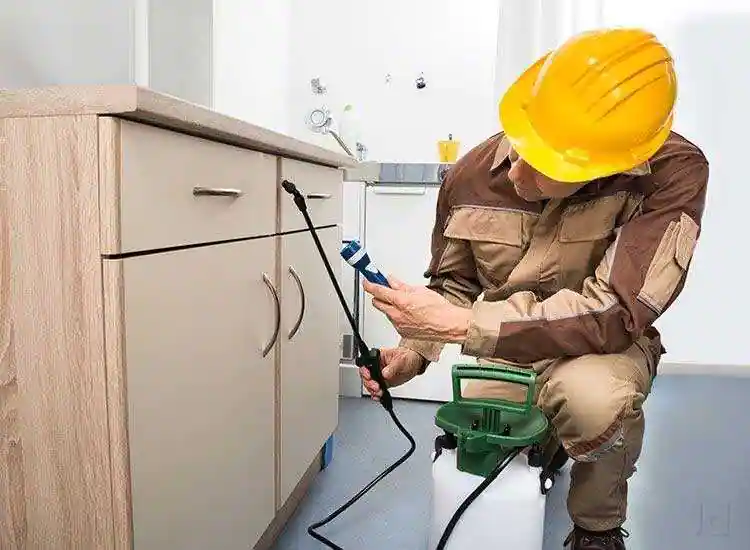
Sustainable Integrated Pest Management
Sustainable Integrated Pest Management (IPM) is a holistic approach to pest control that promotes environmentally-friendly and socially-responsible practices. It combines different methods of pest management in a complimentary manner, with the aim of minimizing negative impact on the environment while still achieving effective pest control.
Traditional pest management methods often rely heavily on chemical pesticides, which can have detrimental effects on human health, non-target species, and the overall ecosystem. In addition, these chemicals can sometimes lead to pesticide resistance among pests, rendering them ineffective over time. This is where sustainable IPM comes in – it offers an alternative solution to conventional pesticide use by incorporating various eco-friendly strategies.
One key principle of sustainable IPM is prevention. Rather than waiting for a Safe Pest Control problem to arise and then taking drastic measures to control it, sustainable IPM focuses on preventing pests from becoming a problem in the first place. This includes implementing good agricultural practices such as crop rotation and proper sanitation techniques that discourage pests from infesting an area.
In cases where prevention is not enough and there are already signs of pests, sustainable IPM utilizes biological controls as the next line of defense. These include using natural enemies like predatory insects or parasitoids that feed on specific pests without harming other beneficial insects or humans. It also involves promoting biodiversity and creating habitats for these natural enemies.
Cultural controls also play an important role in sustainable IPM by modifying the environment in ways that make it unfavorable for pests to thrive. For example, using physical barriers like screens or row covers can prevent insect infestations without relying on chemicals.Yields from regional research stations have shown increased productivity bears less operational costs overall through this International GMO Free Certification Programme strategy based program farming concept helpline over large-scale commercial farmers.’ Proper timing of planting can provide superior competition with weeds which will reduce costs associated with herbicides while increasing overall weed suppression yield through gmo free protein-rich corn production.
Another important component of sustainable IPM is understanding the behavior and life cycle of the pests being targeted. By knowing when and where pests are most vulnerable, farmers can time their control measures more effectively, reducing the need for constant chemical use. This approach also involves using pheromone traps or other monitoring techniques to identify pest populations and allow for targeted, minimal pesticide applications when necessary.
Finally, sustainable IPM emphasizes the importance of community involvement and education in successful pest management. Farmers are encouraged to work together and share knowledge about pest problems to find solutions that benefit everyone. Furthermore, educating consumers about sustainable farming practices can also create a demand for environmentally-friendly products.
In conclusion, Sustainable Integrated Pest Management offers a practical solution to controlling pests while minimizing risks to human health and the environment. By taking a holistic approach that incorporates prevention, biological controls, cultural controls, understanding pest behavior, and community involvement – this method promotes long term sustainability in agriculture while maintaining effective pest management strategies. Overall, it is an essential tool in achieving global food security while protecting our planet for future generations.
